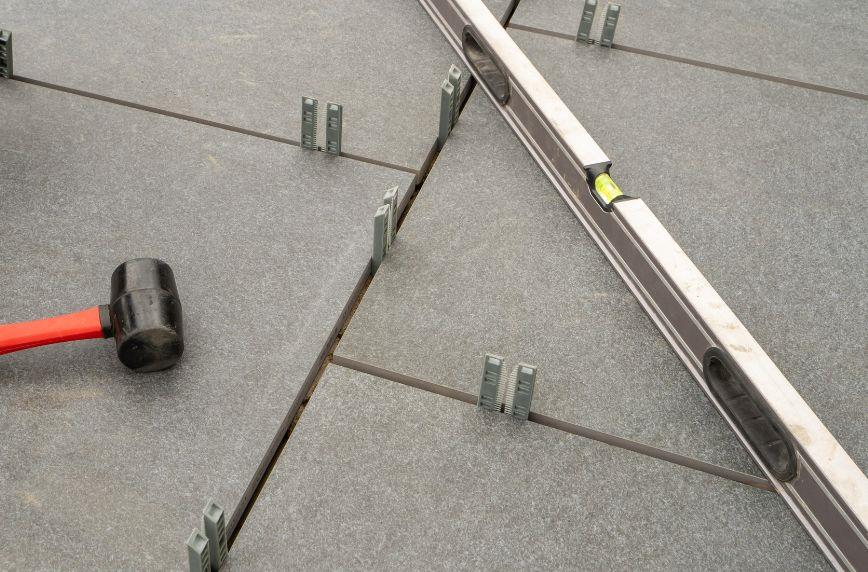How Freeze-Thaw Cycles Harm Your Home’s Concrete Slabs | Billy.com


Concrete slabs form sturdy foundations, patios, driveways, and walkways. However, damage to these large, flat pieces of concrete can cause structural issues that require extensive repairs.
Fluctuating winter temperatures put more than just the plumbing at risk. Discover how freeze-thaw cycles harm your home’s concrete slabs.
Expanding Cracks
The freeze-thaw cycle occurs when water in and around the concrete repeatedly freezes and thaws due to fluctuating temperatures. Water expands when it freezes, and contracts as it thaws.
Concrete is porous and can hold water. The water in the concrete can then create tiny cracks in the material when it freezes and expands. As the ice melts, water can penetrate deeper into the slab through these cracks and cause the fissures to widen. The more water that infiltrates the material, the more it compromises the concrete’s levelness and stability.
Formation of Voids
Void formations in the underlying soil are another way that freeze-thaw cycles can harm your home’s concrete slabs. Voids are empty spaces within the soil structure that can disrupt the slab’s support distribution.
The concrete slabs need a firm and uniform base to maintain their structure. Soil voids can cause the concrete slabs to settle unevenly or sink, resulting in cracks or structural failure in severe cases.
Freeze-thaw cycles are among the most common causes of voids under concrete slabs. Freezing water in the soil expands, displacing the soil particles. The expanded soil does not always return to its original compactness when the water thaws, leading to void formation. This cycle, repeated over time, will gradually increase the size and number of voids beneath the slab, severely impairing its stability and integrity.
Surface Spalling
Finally, surface spalling is a clear, visible sign of freeze-thaw damage. The concrete’s surface can begin to flake, peel, or chip away when it experiences these freeze-thaw cycles.
Since spalling produces visible damage, it’s particularly frustrating on paved areas around your home. Concrete is a durable and stylish driveway material, but spalling can harm your home’s curb appeal.
Spalling also indicates that the structural integrity of the concrete is giving in. Surface spalling can lead to more extensive and costly damage if you leave it untreated.
Freeze-thaw cycles can significantly impact the longevity and integrity of your home’s concrete slabs. Understanding the danger of expansion and contraction, formation of voids, and surface spalling can help you maintain your property’s style and structural soundness. Prevent water damage with waterproofing sealants and well-maintained drainage systems around your home.
